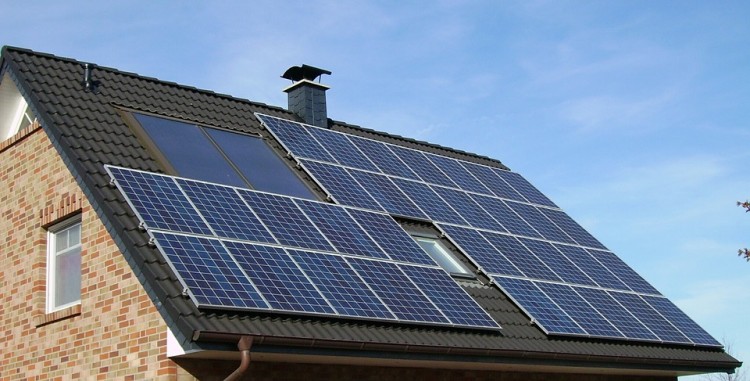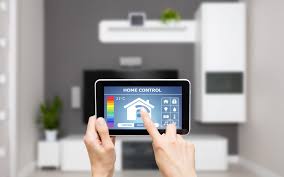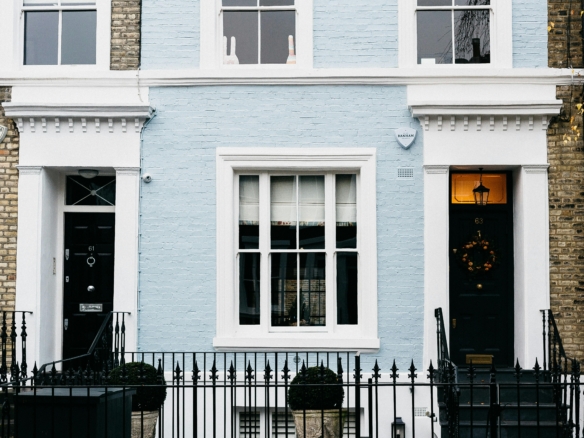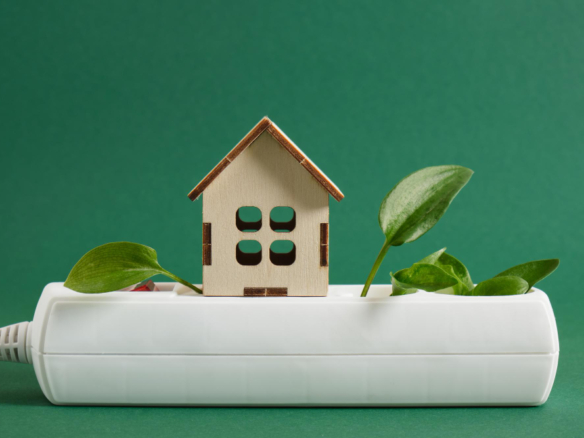The key to selling a home is making it stand out from the pack. Marketing your home as eco-friendly will create a modern, innovative, vibe that will set it apart from the rest of the listings on the market. Even if a buyer isn’t particularly interested in green living, the potential cost savings will attract visitors.
Solar panels
Investing in solar panel installation lets you reduce your environmental footprint and feel good about doing your part for the planet. Solar modules are under a manufacturer’s warranty of 25 years and typically last much longer, while you can expect to break even in about half that time. A $10,000 upgrade on your home prepays electricity for the next 15 years — what buyer wouldn’t be thrilled with that prospect?
Modern solar systems are grid-tied to the home’s electrical system. Solar energy is used first, and any excess electricity is sold to the local company and applied for future use. You can track your power generation, usage, and WSP credits by day, week, month, or a lifetime from an app on your smartphone.
Although $10,000 sounds like a significant investment, it’s similar to what you would pay to install hookups and a standby generator to your home’s electrical system. If you live somewhere with frequent power outages, a standby unit can power the whole home for prolonged periods without interruption. Unlike the standby generator though, the solar system lowers or eliminates your electric bill.
Smart thermostat
Potential buyers will be intrigued by the economic and earth-friendly impact of a smart thermostat. This DIY upgrade can be undertaken by any handy homeowner and makes an impressive addition to the marketing statement of a home on the market. Current popular models cost about $200 on average. These sophisticated devices can also provide detailed utility cost projections for potential buyers.
Smart thermostats use learning algorithms to save energy when you’re not home. The average smart thermostat can save homeowners up to $180 annually on heating and cooling costs. Providing real-time energy consumption to potential buyers is a valuable selling point.
LED light bulbs
Replacing existing incandescent or CFL light bulbs with high-efficiency LED bulbs is an inexpensive and simple way to add yet another energy-friendly feature to the house. Although LED light bulbs cost $3-$4 per bulb, as compared to the $1 cost of incandescent, LEDs last more than ten years vs. the one year life of the older style.
In a home running 40 light bulbs three hours per day, energy costs would be around $55 for LED lights vs. $360 per year for the same brightness equivalent of incandescent bulbs. Maximize the environmental impact by adding high-tech switches with motion sensors and dawn/dusk sensors.
Green means go
When your house is competing against similar listings, it helps to have a clear marketing message. Set your home apart from the competition by investing in electricity-friendly upgrades. Buyers will appreciate the thoughtfulness that went into lowering the carbon footprint and remember the conservation-friendly elements of your home when it comes time to make a purchase decision. You’ll reap the benefits of having a packaged, consistent marketing theme that helps the house sell.





